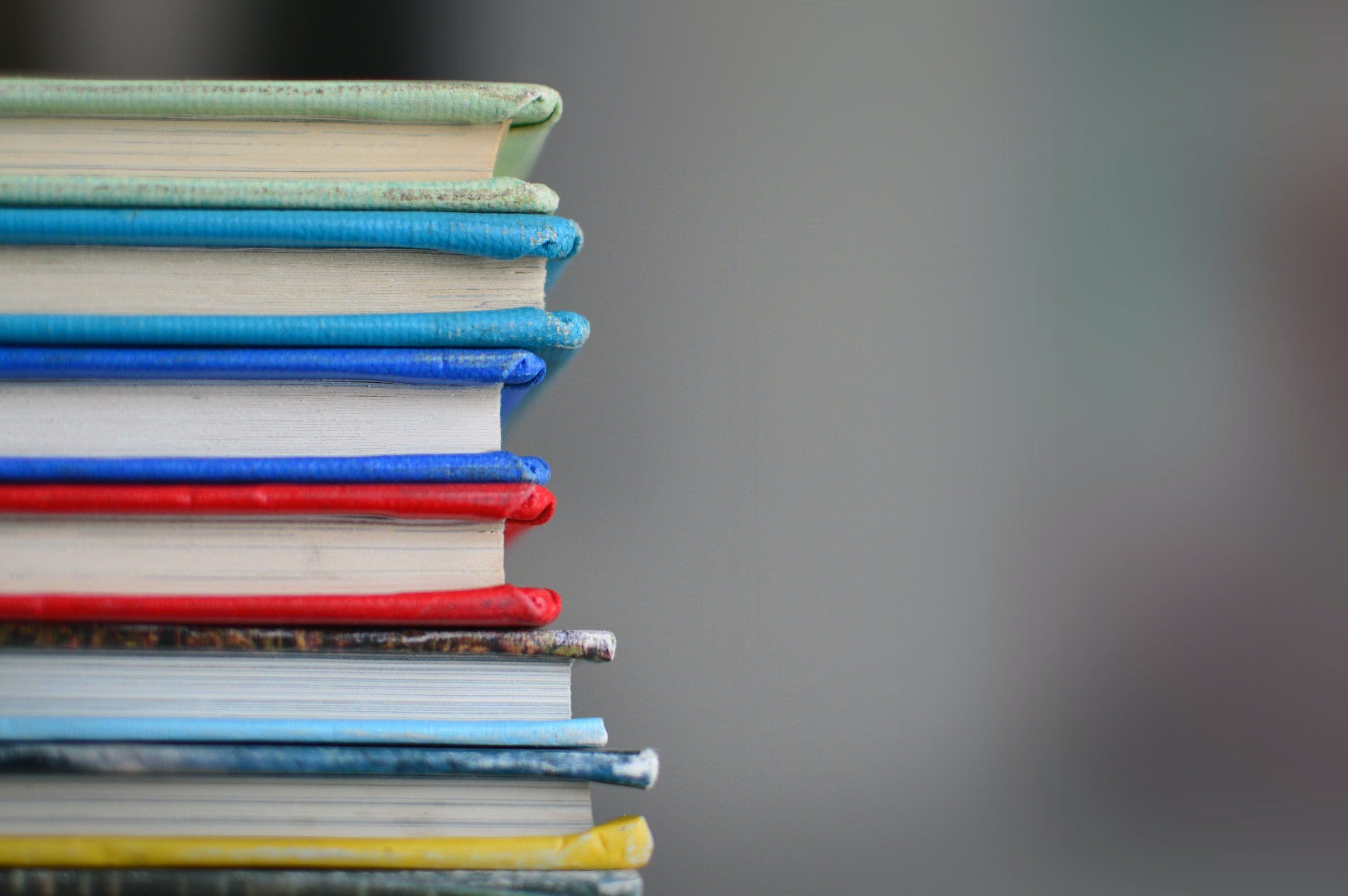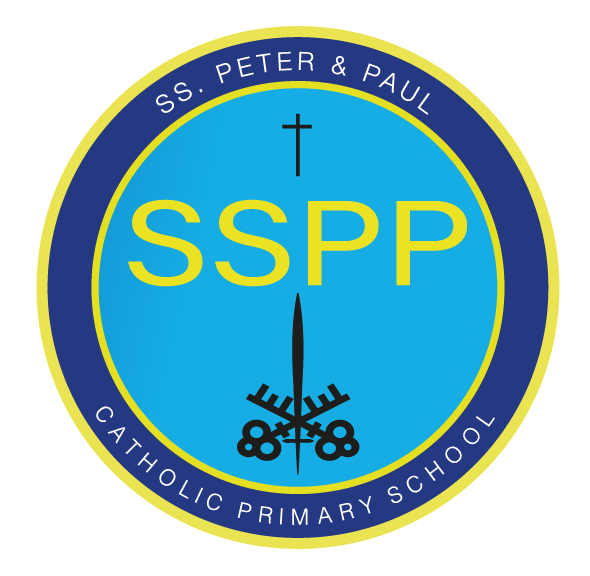
Science

At SSPP, we recognise the importance of Science in every aspect of daily life. We give the teaching and learning of Science the prominence it requires, starting in F1 right up to Y6.
In Early years, the children start to gain their Science knowledge and they will build on this throughout their primary school years, such as their skills of observations, predictions, critical thinking and discussion. They do this through one of the four specific areas of learning, 'Understanding the World'. It involves guiding the children to make sense of the physical world around them through explorations and observations.
We provide our children with opportunities to work scientifically and explore different ways to answer their own personal questions about the world around them. We ensure that the 'working scientifically' skills are built-on and developed throughout children’s time at school.
The Scientific area of learning is concerned with increasing all our pupils’ knowledge and understanding of our world, and with developing skills associated with Science as a process of enquiry. It will develop the natural curiosity of every child, encourage respect for living organisms and the physical environment and provide opportunities for critical evaluation of evidence. We intend to build a Science curriculum which develops learning and results in the acquisition of knowledge and builds a Science curriculum which, enables children to become enquiry-based learners.
At SSPP, we work collaboratively with other Primary Schools, Secondary Schools, external providers and local STEM career opportunities sharing ideas, resources and expertise. This provides our children with new and innovative experiences. We continue to develop the ways in which we teach and deliver Science at our school through the use of pupil voice and staff questionnaires.
A clear and comprehensive scheme of work in line with the National Curriculum where teaching and learning should show progression across all key stages within the strands of Science. (We use the ASE PLAN knowledge matrices for each topic to support this)
Children have access to key language and meanings in order to understand and readily apply to their written, mathematical and verbal communication of their skills. Staff ensure that Scientific vocabulary is displayed in each class and referred to on a regular basis.
Children will use a range of resources to develop their knowledge and understanding that is integral to their learning and develop their understanding of working scientifically.
Children will reflect on previous learning and cross curricular links will be made wherever possible.
Children will be able to build on prior knowledge and link ideas together, enabling them to question and become enquiry based learners.
Attainment will be assessed each half term through related topic assessment tasks both at the start and the end of the topic.
Where applicable links to Science will be made to develop the children’s topical learning.
EYFS
Throughout Early Years, children experience science through the specific area of Understanding the world.
Understanding the world involves guiding children to make sense of their physical world and their community. The frequency and range of children’s personal experiences increases their knowledge and sense of the world around them – from visiting parks, libraries and museums to meeting important members of society such as police officers, nurses and firefighters. In addition, listening to a broad selection of stories, non-fiction, rhymes and poems will foster their understanding of our culturally, socially, technologically and ecologically diverse world. As well as building important knowledge, this extends their familiarity with words that support understanding across domains. Enriching and widening children’s vocabulary will support later reading comprehension.
From Learn about how to take care of themselves and playing and explore outside in all seasons and in different weather, to exploring animals in the surrounding natural environment ,children will be immersed in the world of understanding the world through high quality texts, continous play and directed teaching.

